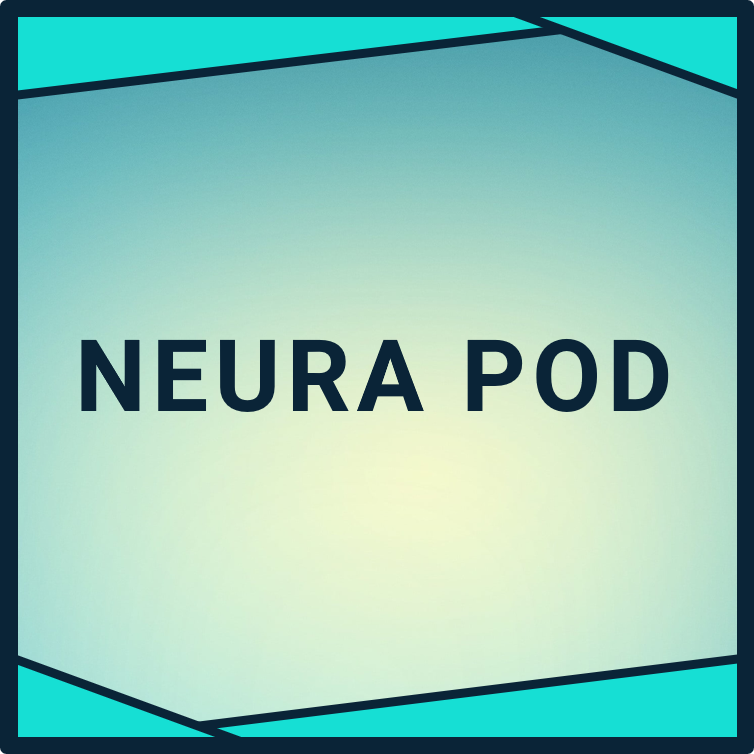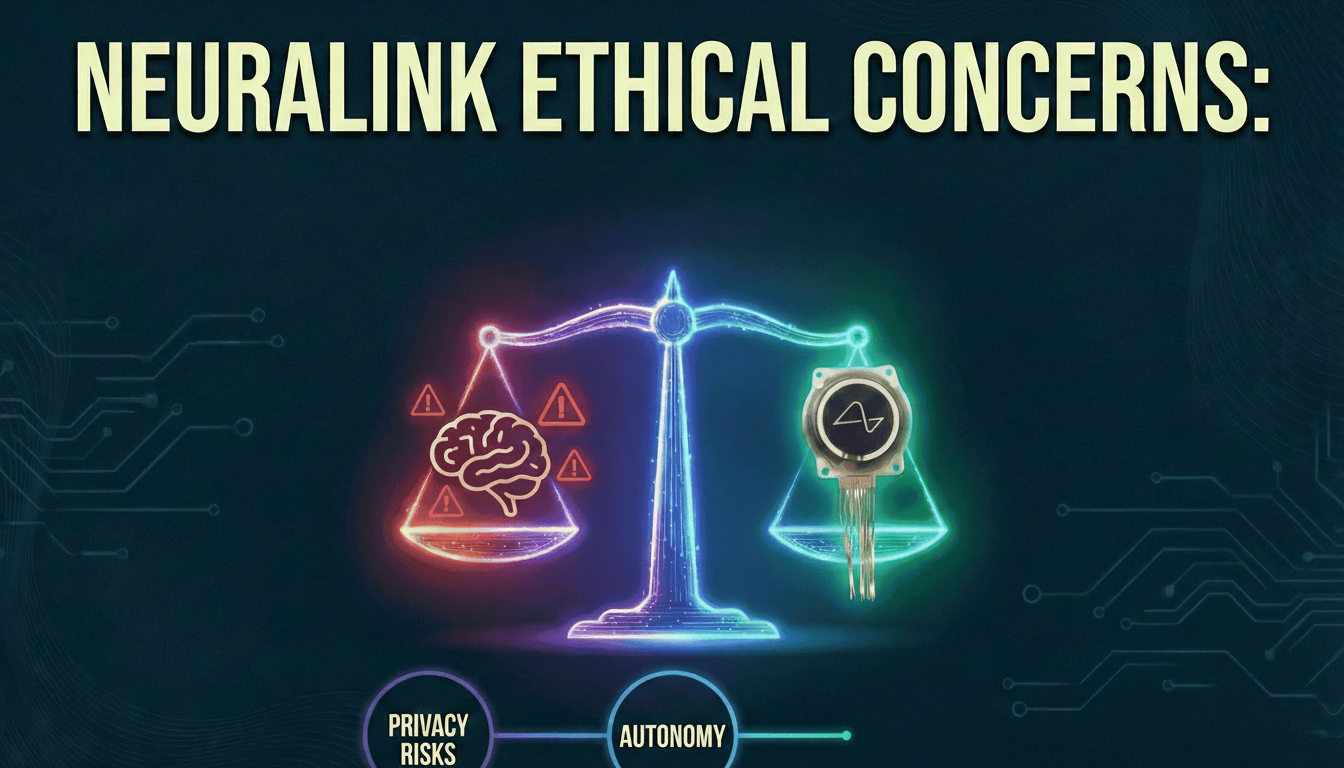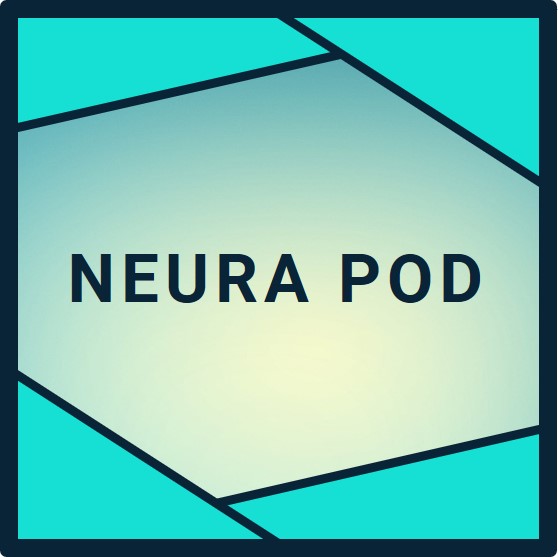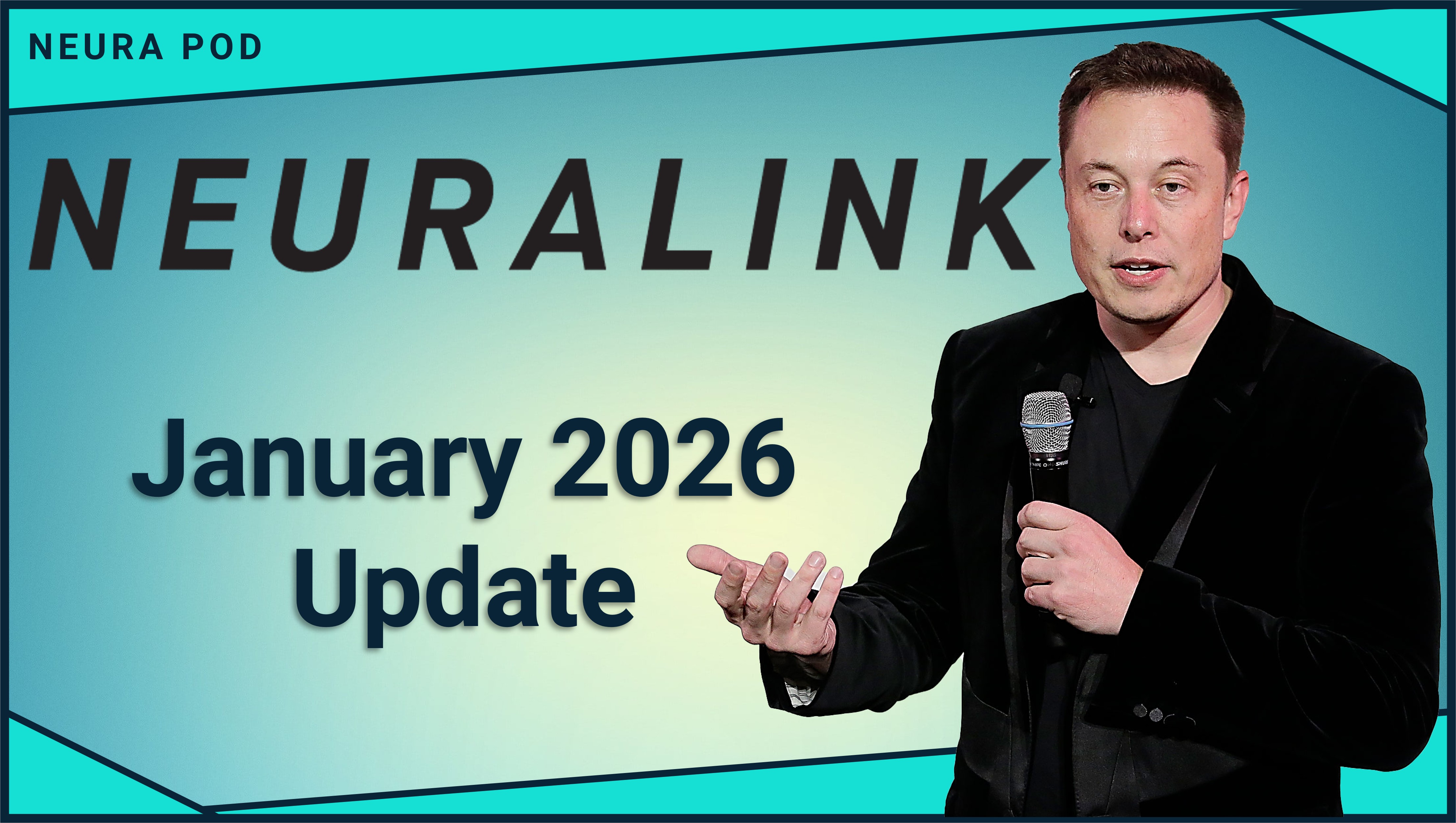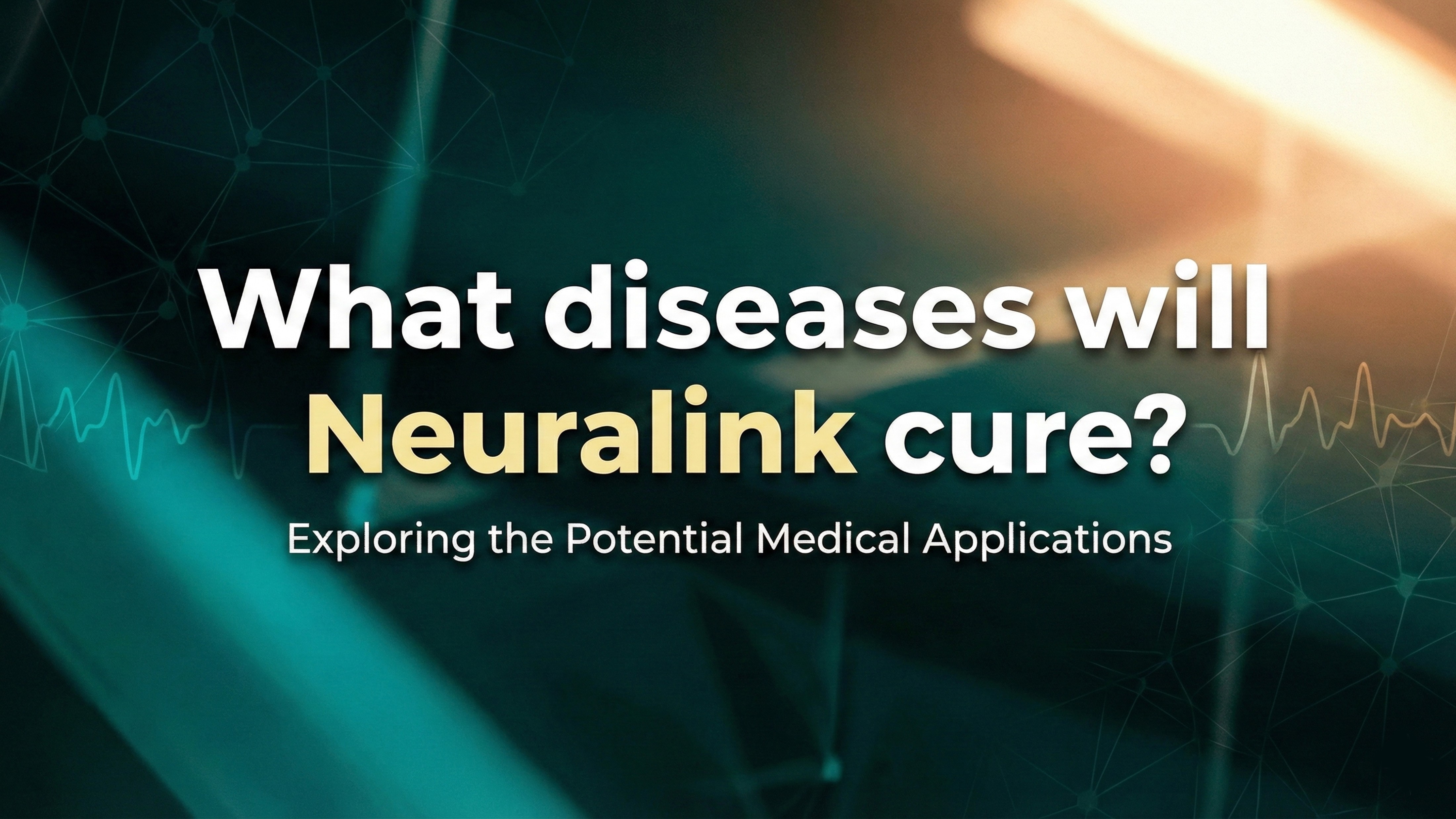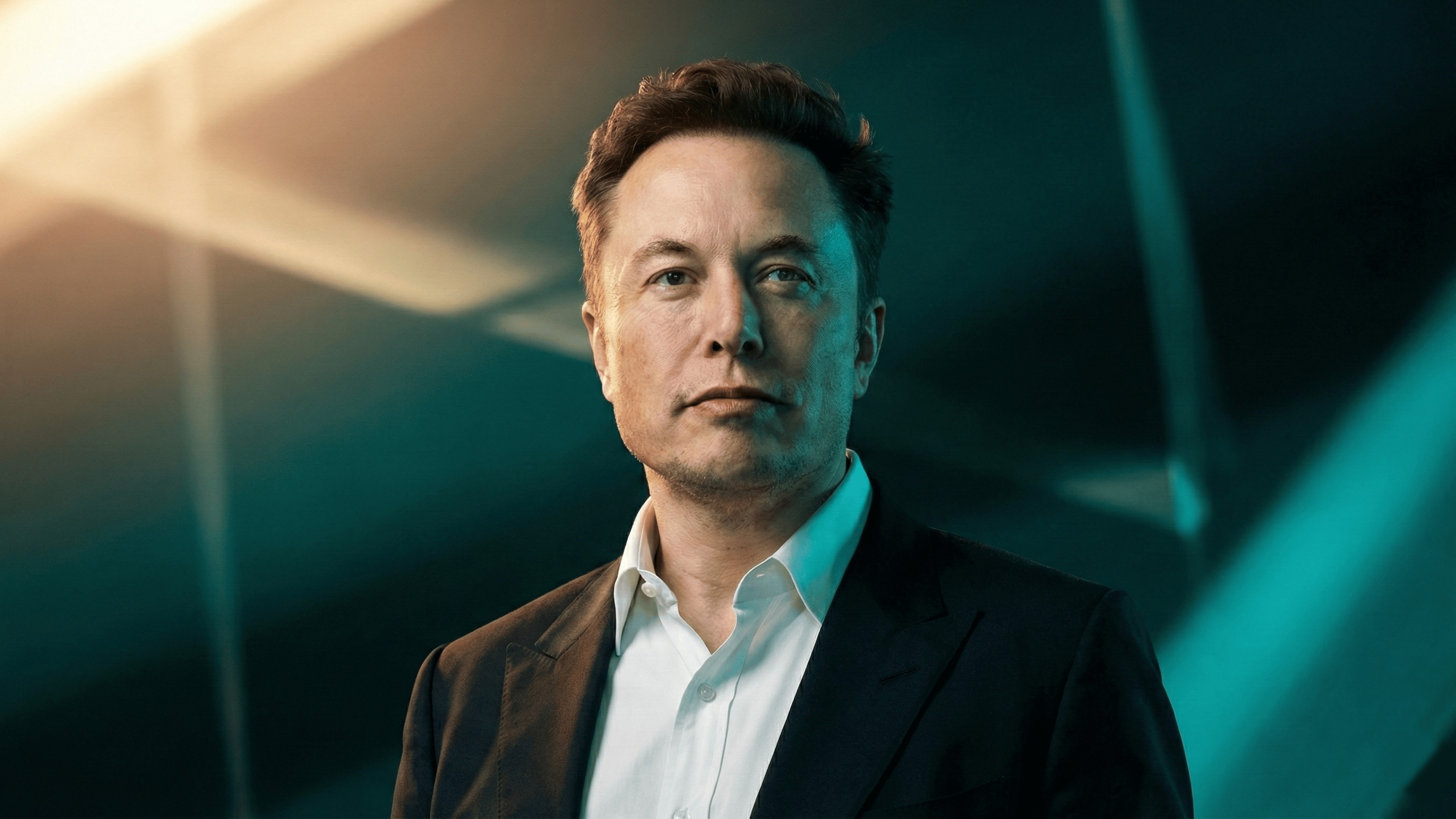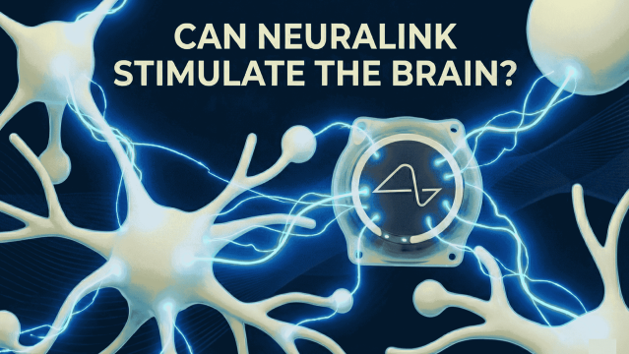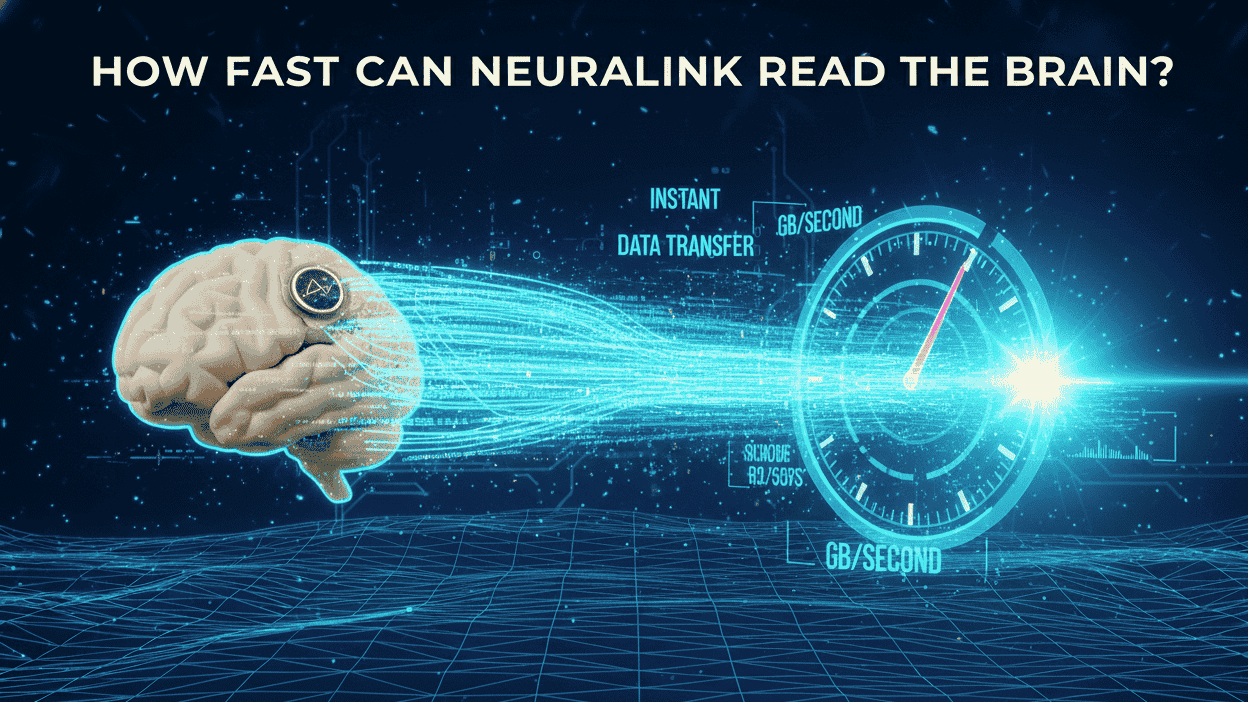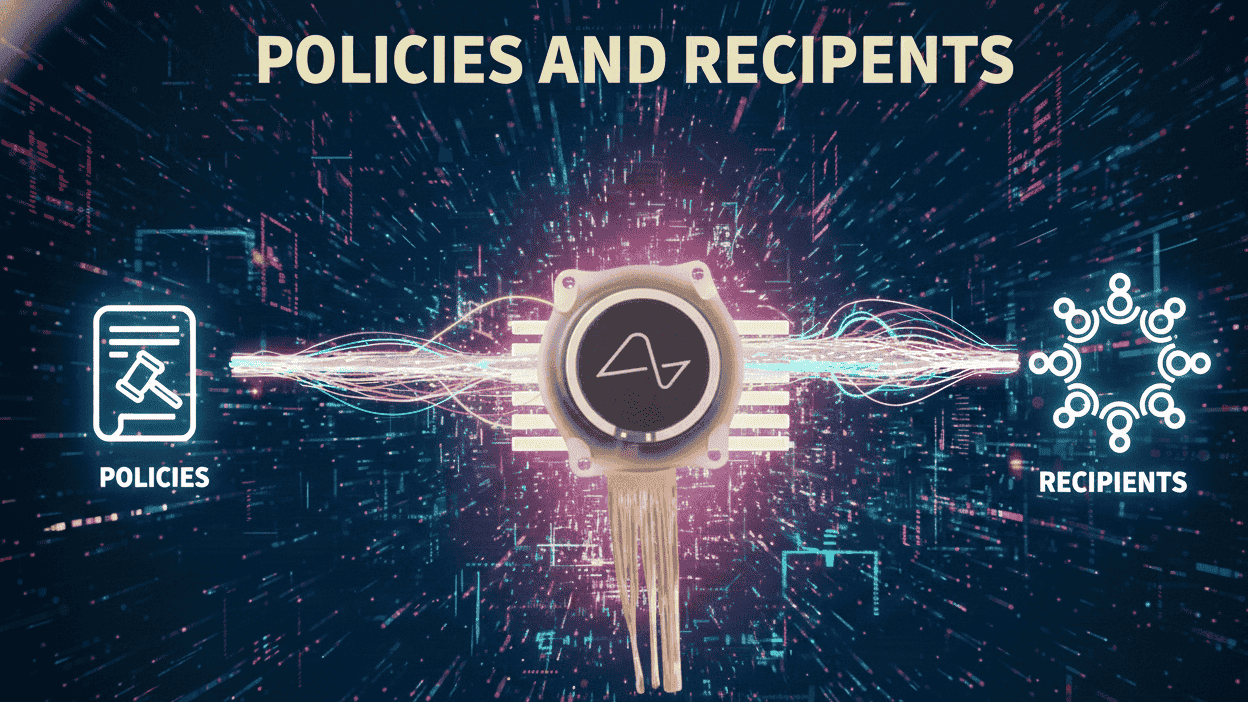- Neuralink upholds strict animal welfare standards through Institutional Animal Care and Use Committee oversight, addressing past testing concerns with transparent practices.
- Informed consent processes in Neuralink human trials prioritize patient autonomy, with detailed disclosures for vulnerable participants.
- Brain data privacy is safeguarded by Neuralink's patient-owned model, end-to-end encryption, and U.S. laws like the 2025 MIND Act.
Animal Testing Practices and Oversight
Neuralink's development of brain-computer interfaces relies on preclinical animal studies to ensure safety before human trials. Concerns arose in 2024 from reports of complications in monkey testing, prompting U.S. Food and Drug Administration inspections that identified issues at third-party labs. By early 2025, Neuralink resolved these through enhanced protocols, emphasizing humane treatment and minimal animal use. The company's updates confirm all research adheres to Institutional Animal Care and Use Committee guidelines, which mandate ethical oversight, pain minimization, and veterinary care.
Elon Musk has directed Neuralink to prioritize transparency, publishing detailed methodologies in summer 2025 updates. This includes in vitro testing and large-scale sheep studies for implant durability, reducing monkey reliance. Critics note the necessity of such steps for breakthroughs like thought-controlled cursors, now achieved in humans. With FDA clearance for expanded trials, Neuralink demonstrates commitment to welfare, positioning ethical practices as foundational to scaling neurotechnology.
Informed Consent in Human Trials
Human trials, underway since 2024, raise questions about consent from participants with paralysis or speech impairments. Ethical frameworks require full disclosure of risks, benefits, and alternatives, tailored for cognitive vulnerabilities. Neuralink's process involves multidisciplinary reviews, independent ethics boards, and revocable agreements, ensuring participants like the first U.K. implant recipient in October 2025 understand data usage and removal options.
Canadian trials at Toronto's University Health Network, launched in September 2025, incorporate bioethicist input to affirm capacity. Elon Musk's vision focuses on empowerment, with patients reporting restored independence—such as 3D design via thought. Studies show high satisfaction rates, countering autonomy fears. As trials expand to speech decoding by late 2025, consent evolves with real-time feedback, setting industry benchmarks.
Brain Data Privacy Protections
Neural data—raw signals from 1,000+ electrodes—sparks "mental privacy" debates, fearing hacking or misuse. Neuralink counters with patient ownership: users control their data, granting limited licenses for service improvement. End-to-end encryption, zero-knowledge proofs, and biometric app access prevent unauthorized access. Implants transmit via secure Bluetooth to user devices, with cloud options requiring explicit opt-in.
The 2025 MIND Act, introduced by Senators Schumer, Cantwell, and Markey, classifies neural data as sensitive, mandating consent and prohibiting sales—aligning with Neuralink's policy. Colorado and other states extend biometric laws to neurotech. Elon Musk advocates neuro-rights, integrating "incognito mode" to pause logging. Peer-reviewed submissions to the New England Journal of Medicine in October 2025 validate secure handling across three patients.
Implant Safety and Long-Term Risks
Safety concerns peaked with early thread retractions in 2024, but 2025 upgrades—thinner threads, adaptive algorithms—achieved stability. Summer updates report zero major adverse events in ongoing trials, with over-the-air fixes enhancing performance. FDA approvals for Canada, U.K., and speech trials reflect rigorous vetting.
Monitoring via patient portals tracks metrics like electrode count (tripling to 3,000 by 2026). Blindsight trials for navigation address vision loss ethically. Elon Musk's oversight ensures iterative improvements, like multi-implant capability by 2027, minimizing invasiveness. Long-term data shows benefits outweigh risks for quadriplegics, restoring autonomy.
Emerging Regulations and Neuralink's Leadership
U.S. and global frameworks evolve rapidly. The MIND Act commissions neural privacy standards, while Nature's 2025 guidelines protect cognitive liberty. Neuralink collaborates with regulators, submitting trial data for review. Elon Musk positions the company as a leader, blending innovation with safeguards—voluntary data sharing yields royalties, fostering trust.
Future plans include psychiatric applications by 2028, with equity via medical access first. Concerns like inequality persist, but subsidies and partnerships aim for broad reach.
TL;DR
Neuralink navigates ethical concerns head-on in 2025: rigorous animal oversight, ironclad consent, encrypted privacy under the MIND Act, and proven safety in expanding trials across the U.S., Canada, and U.K. Elon Musk's proactive leadership resolves past issues, delivering life-changing control for paralyzed patients—thought-to-speech by year-end. With peer-reviewed data and regulatory alignment, Neuralink pioneers responsible neurotech, safeguarding rights while unlocking human potential for millions soon.
